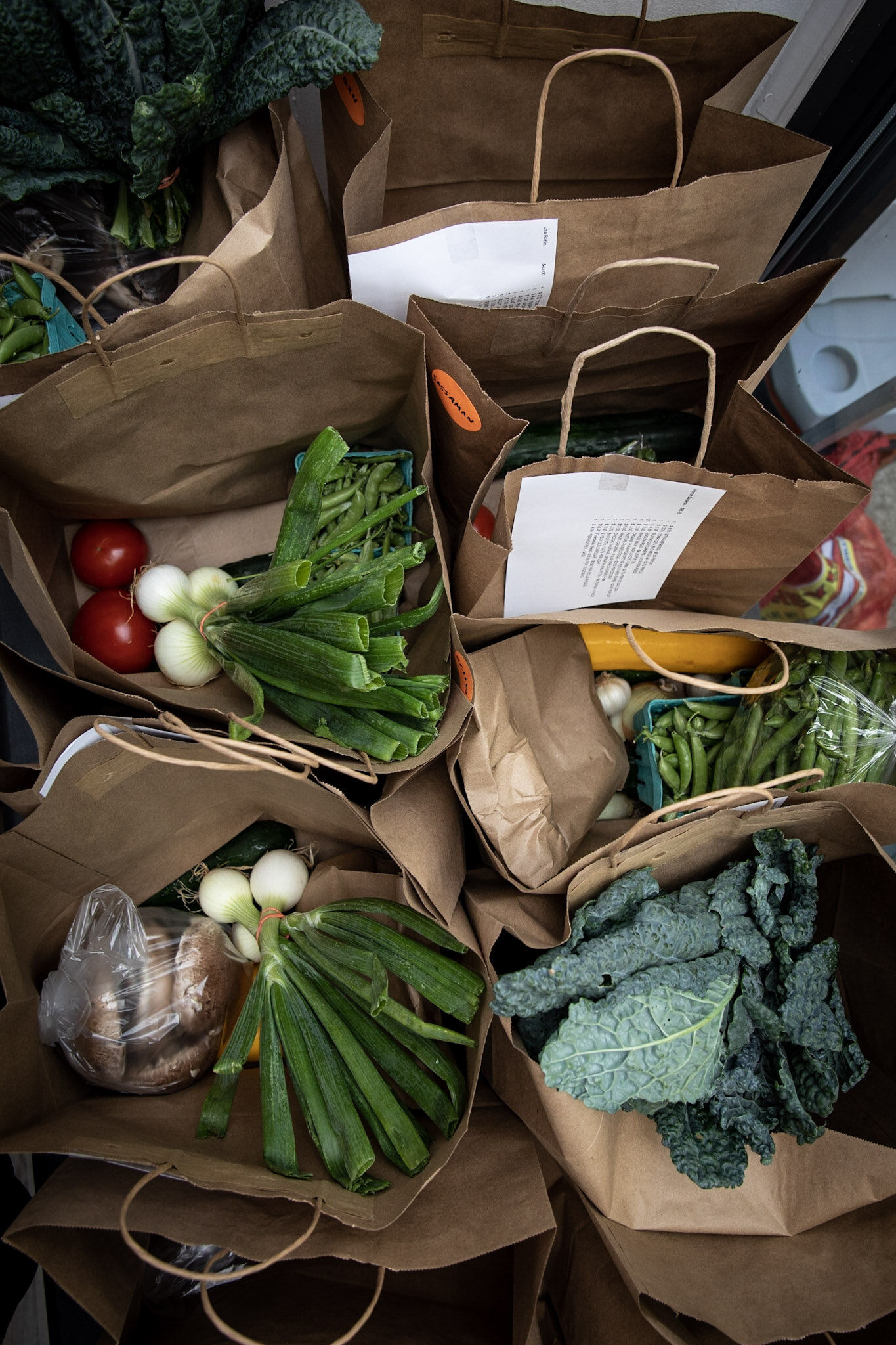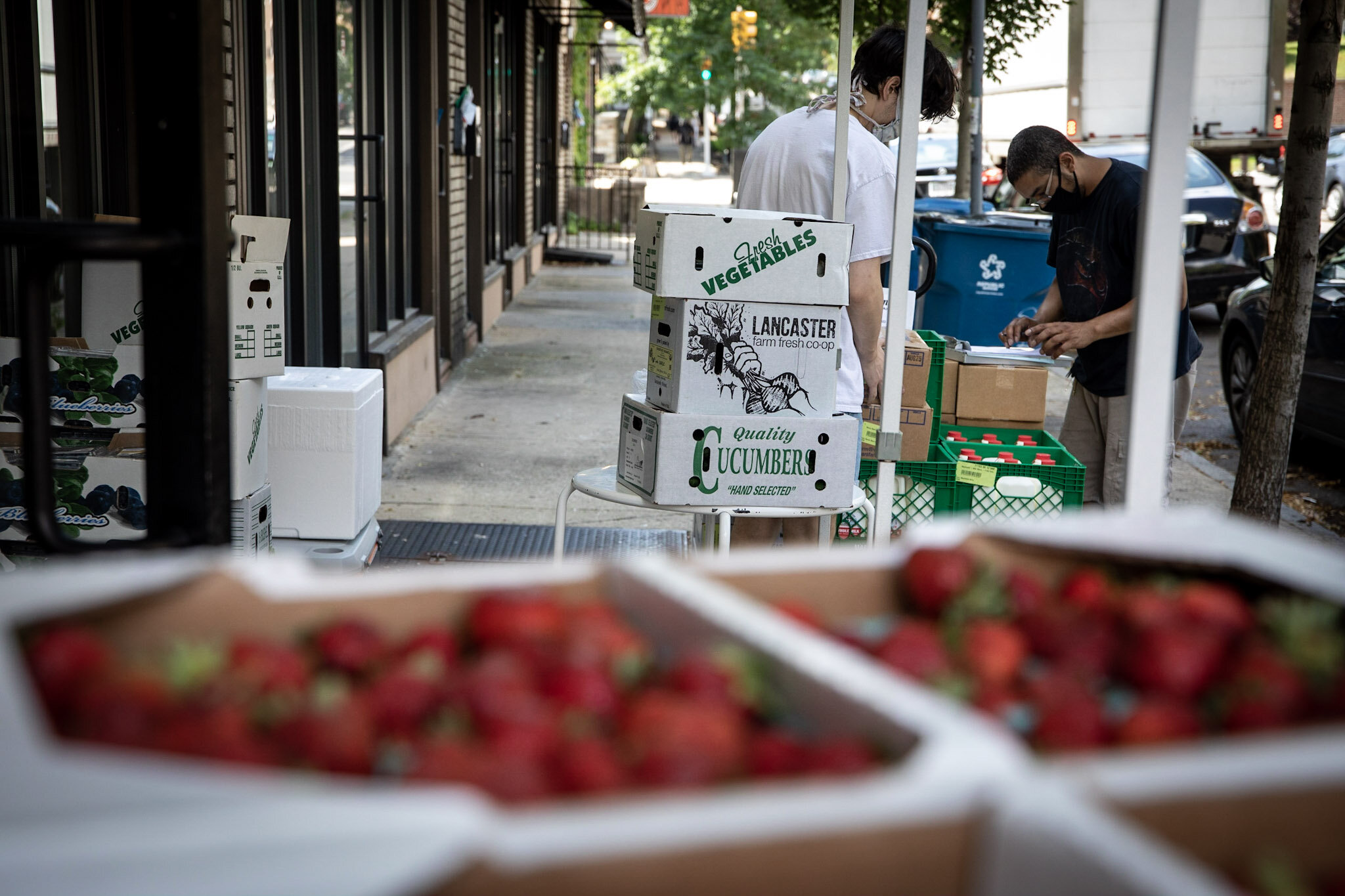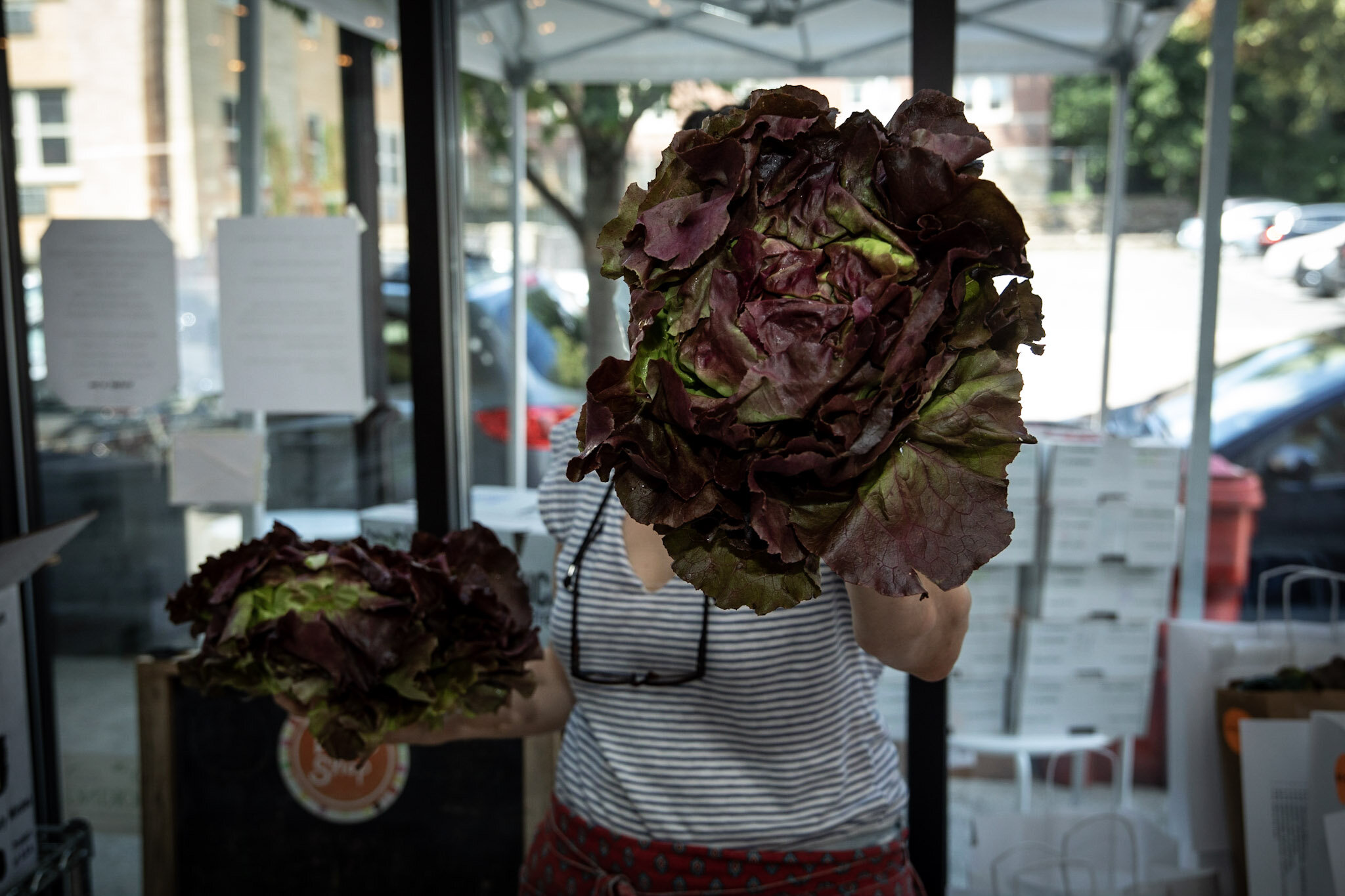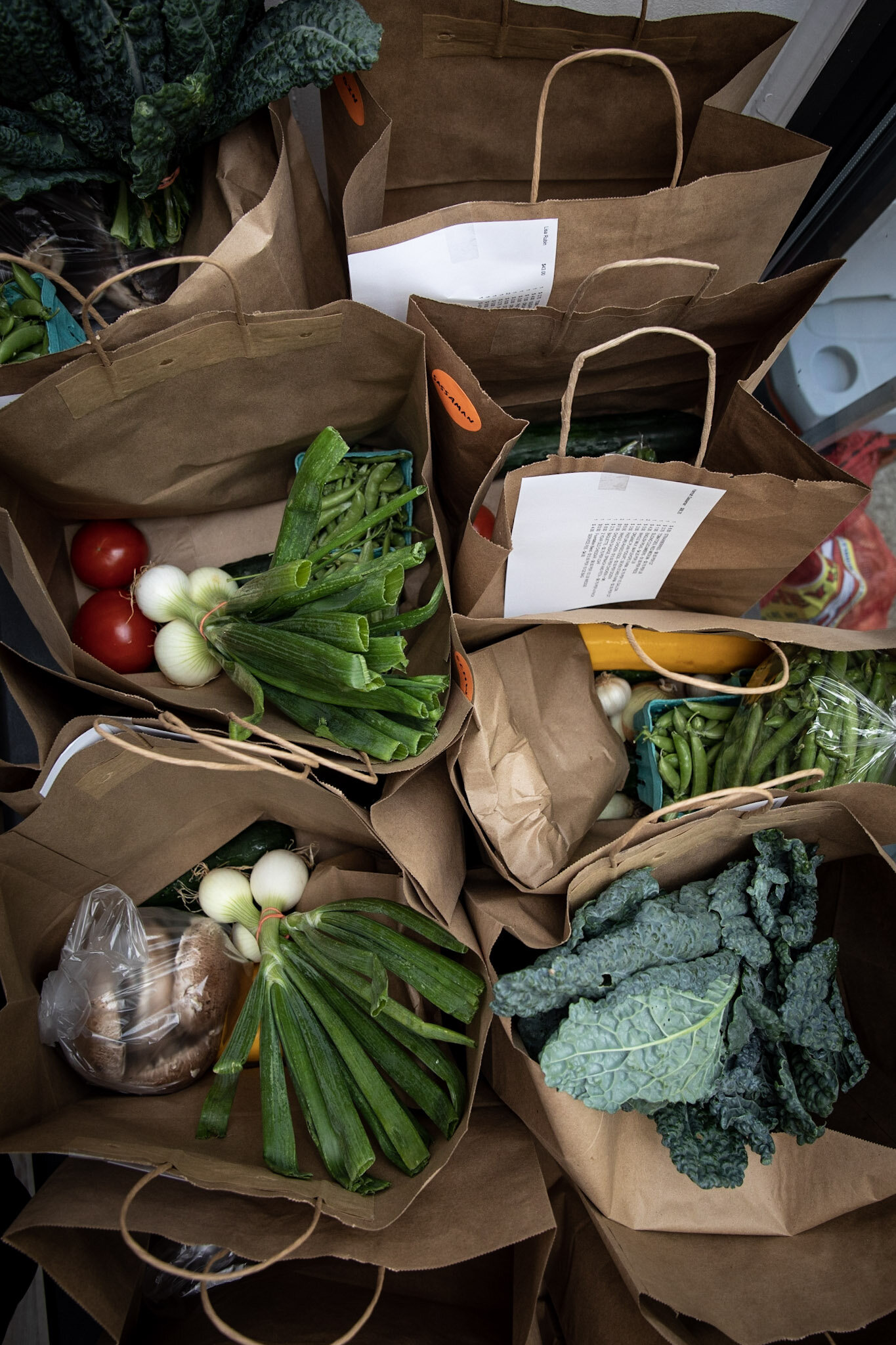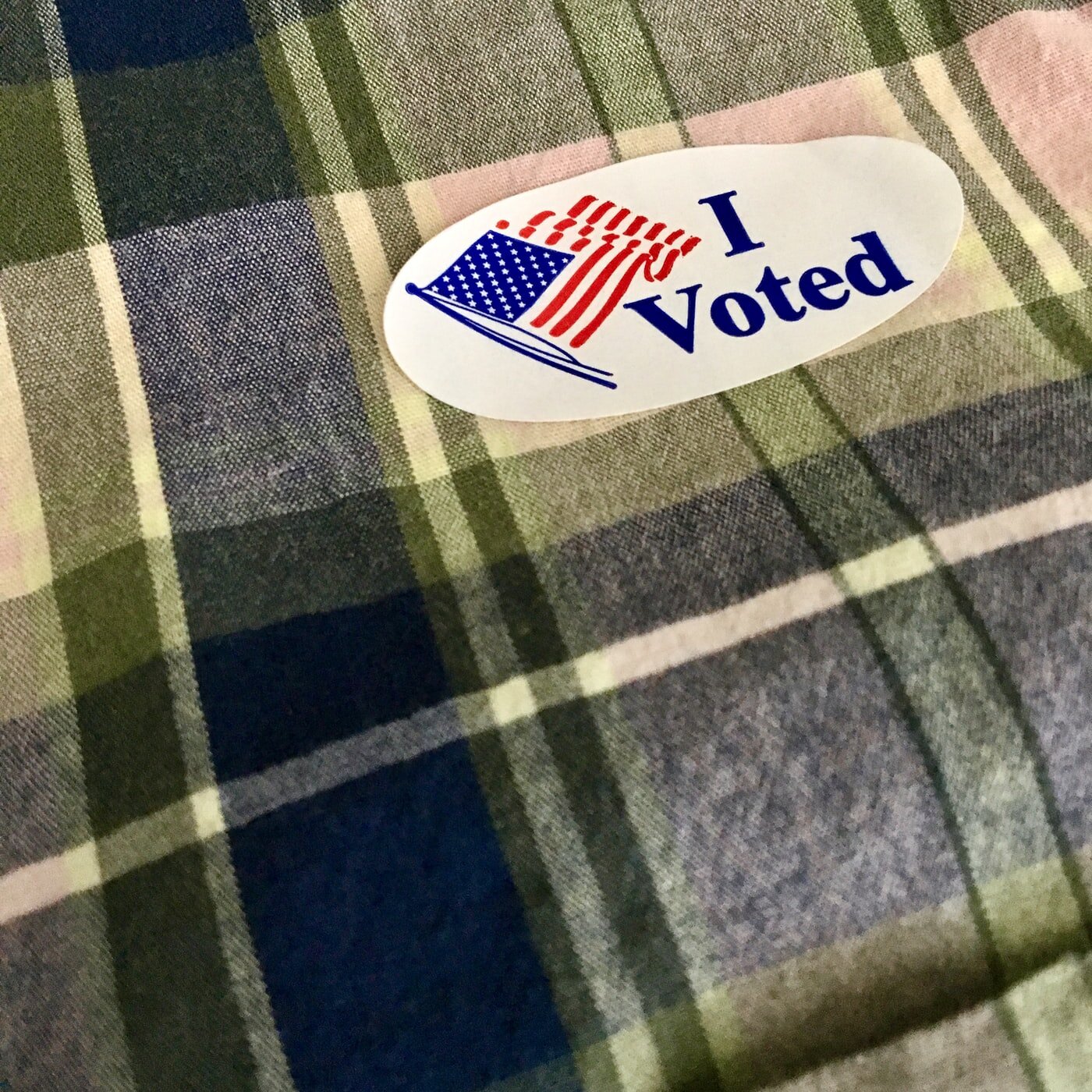Photography By Rachael Warriner
Bulking Up
By Nic Esposito
When Pennsylvania ordered its citizens to start socially distancing in mid-March, one West Philadelphia resident formed a wholesale buying club as a way to keep friends and neighbors connected in the midst of the chaos.
The founder of the Pandemic Pantry, who prefers not to be identified due to the informal structure of the buying club, says she often thought that her professional experience in the wholesale food market would double as an insurance policy in troubled times.
“I always thought that, if the s*** hit the fan, at least I know who grows my food and where I could get it for me and my neighbors,” she says.
The Pandemic Pantry is a group of people who get together to buy food from a wholesale market. While the task may sound easy enough with the proliferation of a retail-based food system, not many people have the connections and administrative wherewithal to coordinate the bulk-buying of food for neighbors.
It was a sense of immediacy that forced the Pandemic Pantry to focus less on making sure they had the right permits and instead solely to focus on feeding people. Pandemic Pantry boasts a healthy, 100-plus membership, the organizers have no interest in making this a business venture and have no idea if it will outlive the pandemic.
“While factory farms are pouring milk down the drain and euthanizing hogs, shorter supply chains can respond to the needs of the community more quickly and effectively,” the Pantry’s founder explains.
Although the Pandemic Pantry is buying stable pantry goods, it is also sourcing fresh vegetables, fruit and dairy products for its community members. All food packaging is happening in a certified commercial kitchen and precautions are being taken not just for food safety requirements but also for social distancing needs.
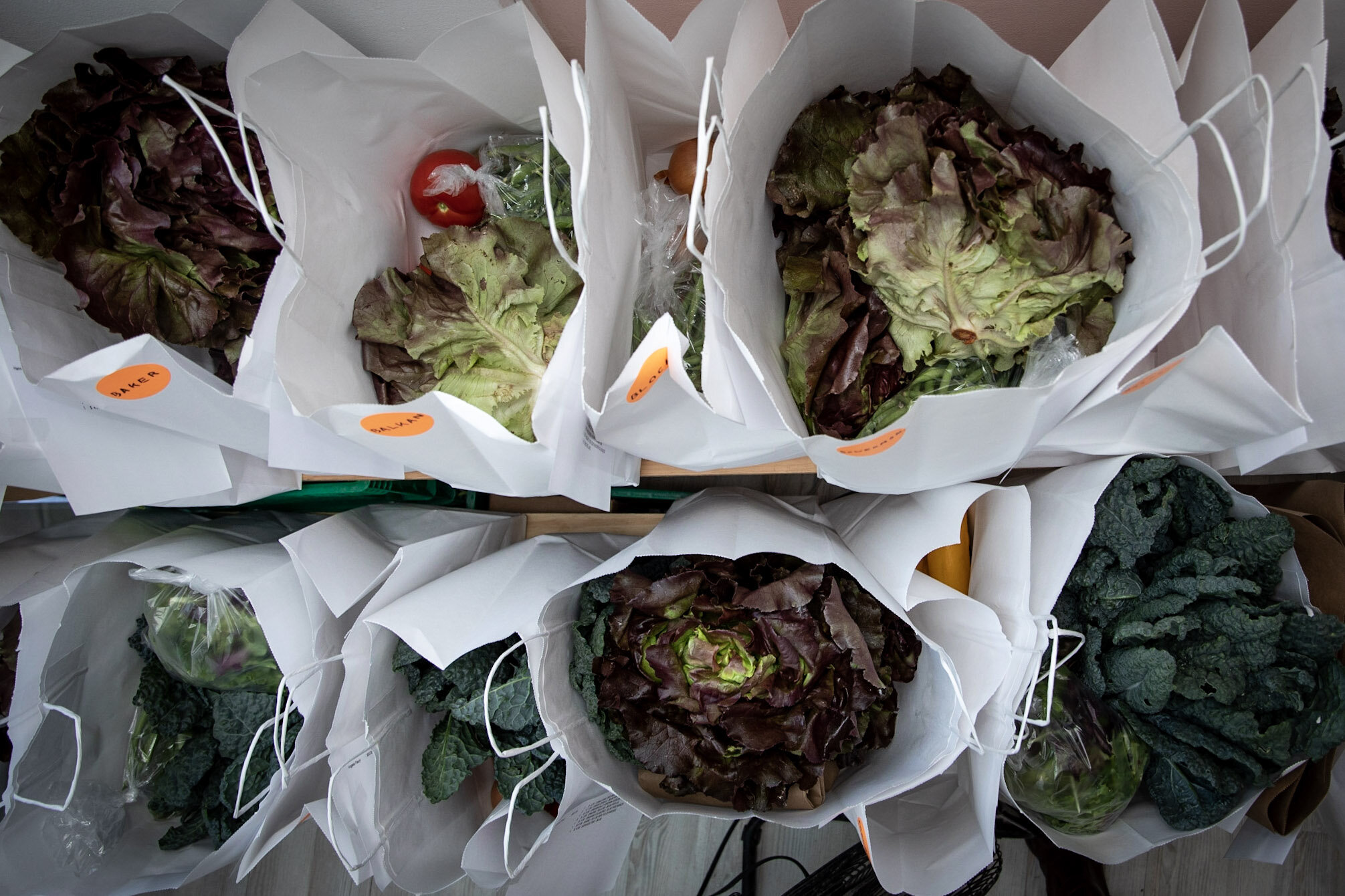
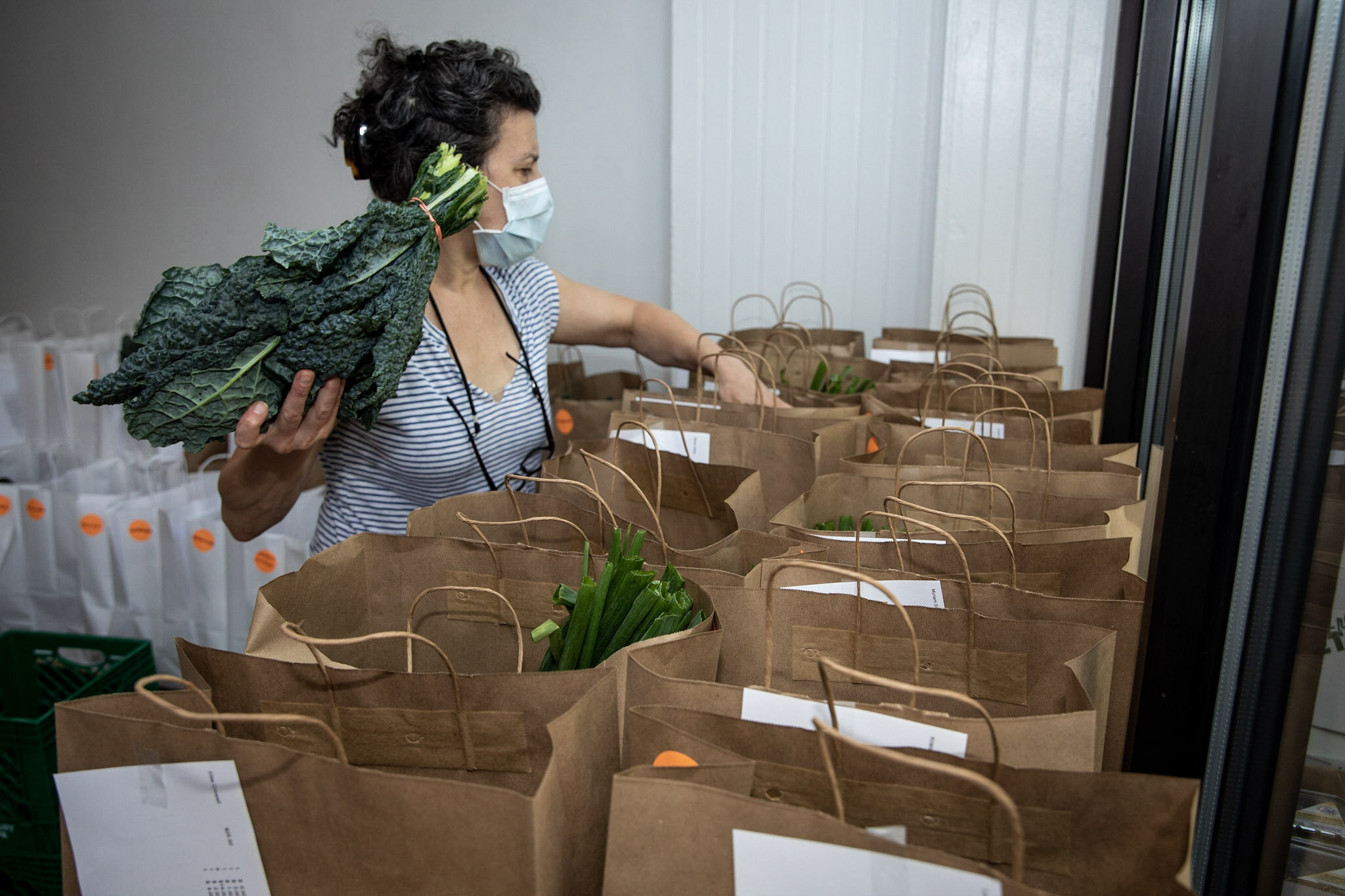
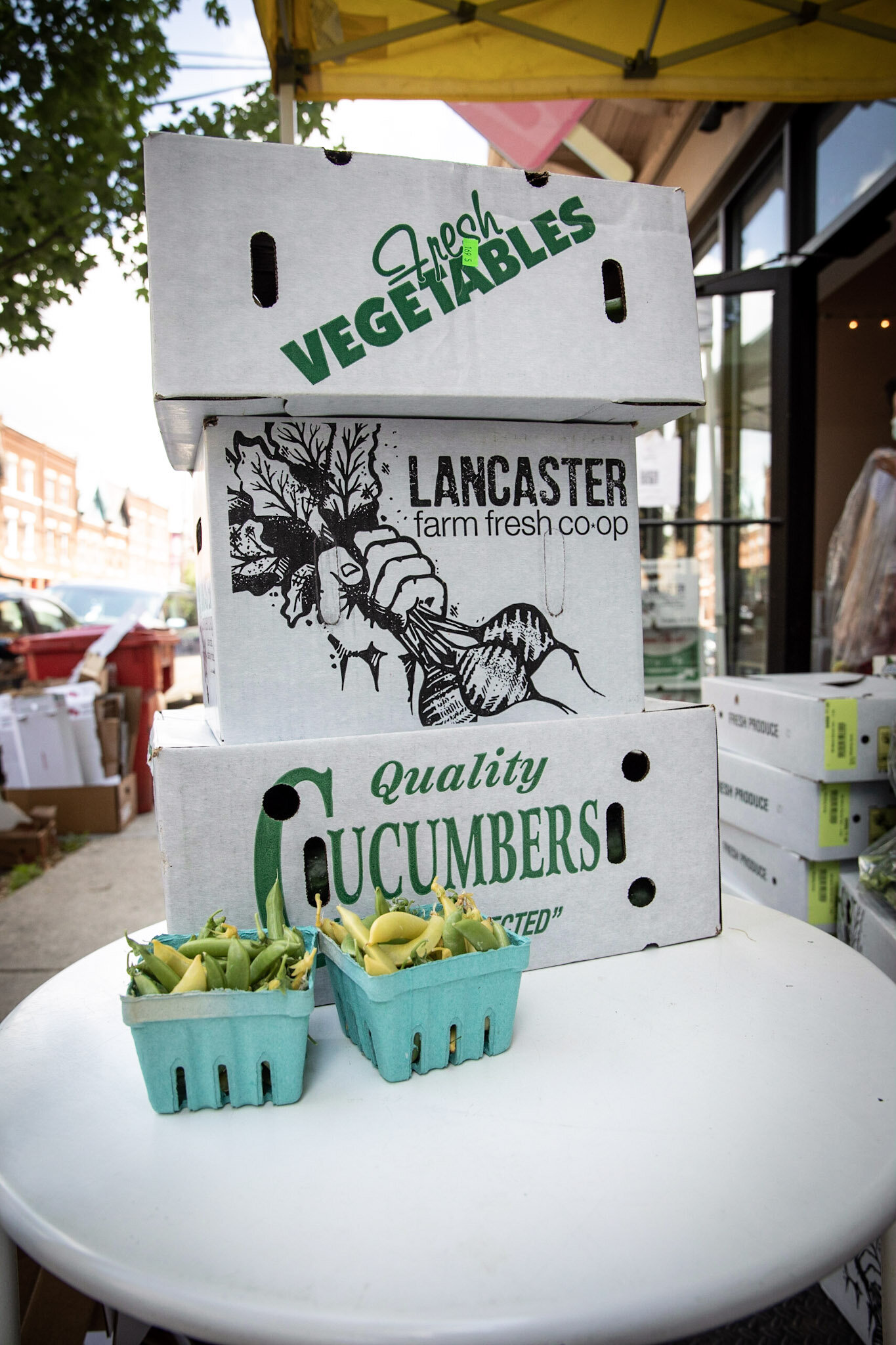
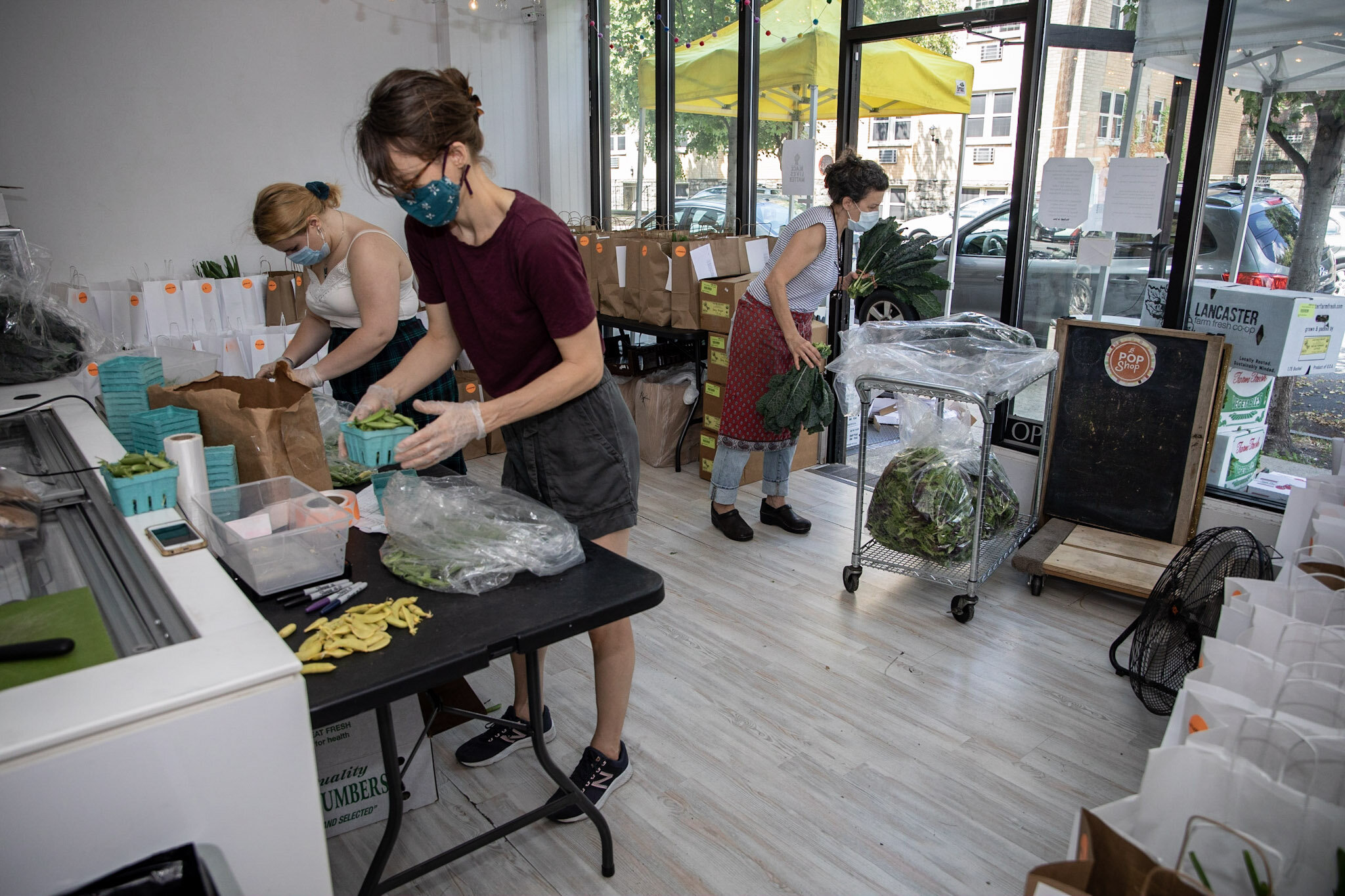
Each week when the orders go out, the main organizers take pains to explain if any of the products are being marked up. As of this article, the money made from the markups goes to issues like trash collection from excess packaging and other administrative needs.
An irony of the Pandemic Pantry’s resistance to making money is that many of its buyers think it should. But, as one organizer sees it, “If this was my business, I would feel bad that a person ordered 4 pounds of tomatoes and only got 3 or asked for spinach and instead got arugula.”
Frances Rose Subbiondo, who contends that the food system was going to be disrupted at some point, was already organizing a buying club with Frankferd Farms more than a year ago. Subbiondo works with the Community Supported Kitchen (CSK) in West Philly, which operates out of a commercial kitchen and offers subscription-based menus for prepared meals to people on its email list as well as catered food for community events.
When preparing large meals, staples like 25-pound bags of beans and 50-pound bags of flour are a must. So it made complete sense for CSK to form this relationship with Frankferd Farms, based in Saxonburg, Pennsylvania. As long as Subbiondo could reach a minimum order of $500, Frankferd Farms would organize a drop-off to West Philadelphia.
Sometimes it would take three months to meet that order, but as word started to spread around West Philadelphia, during the pandemic, that Subbiondo and the CSK could facilitate this relationship for shoppers who wanted to avoid frequent trips to the grocery store, that order threshold began to be met every month and then some.
Like Pandemic Pantry, Subbiondo is also taking similar precautions by ensuring that the food is dropped at one secured location and then pickups are happening within the hour so multiple stops don’t need to be made at different houses and no one is lingering and picking out what they need as you would in a grocery store.
Although Subbiondo makes it clear that while buying in bulk is usually cheaper than retail, it is not always.
“Community food systems are necessarily diverse. All of the elements wherein occupy unique niches, and ought be thoughtfully considered by the people in the system, together,” fae (Subbiondo’s pronoun) explains. “We are increasing thoughtfulness on how food is procured and provided and sharing with providers how they may better serve customers’ needs and the needs of whole neighborhoods.”
Food systems analyst Geoff Bucknum agrees that buying clubs are a viable answer for many during this time.
“With all the uncertainty in the world and the food supply chain, I think people want to feel connected to something that is tangible and sure, and purchasing from a buying club, especially one focused on local producers, is very tangible,” Bucknum explains.
“I hope that the values that make buying clubs attractive during COVID-19 will permanently change people’s intentions and choices as consumers, and that an appropriate vehicle for realizing those intentions and choices will be ready to serve them.”
Bucknum also sees the need to learn from the recent popularity of buying clubs.
“We have seen a growth in home-delivery platforms over the past couple years, and there are models out there that can cater to those values,” he says. “I think they may see a more sustained growth, especially as people who are running buying clubs return to their regular full-time jobs.”
Four Tips to Start Your Own Buying Club
-
Find a wholesale food retailer that is willing to partner with you. This partnership can be with farming cooperatives; bulk wholesalers, like spice companies; or shelf brands that will directly wholesale.
-
See if there is interest in your community and get enough members to ensure that you will meet any minimum purchase requirements set by your wholesale partner(s).
-
Create clear and accessible communications and buying club rules to ensure that participants can easily place an order as well as efficient data-entry systems to ensure that orders can accurately be fulfilled.
-
Create pickup systems that take into consideration all different people’s needs, efficient distribution to reduce fossil fuel use and, especially during the pandemic, social distancing rules to limit how many people are coming in contact with the distributed food.


